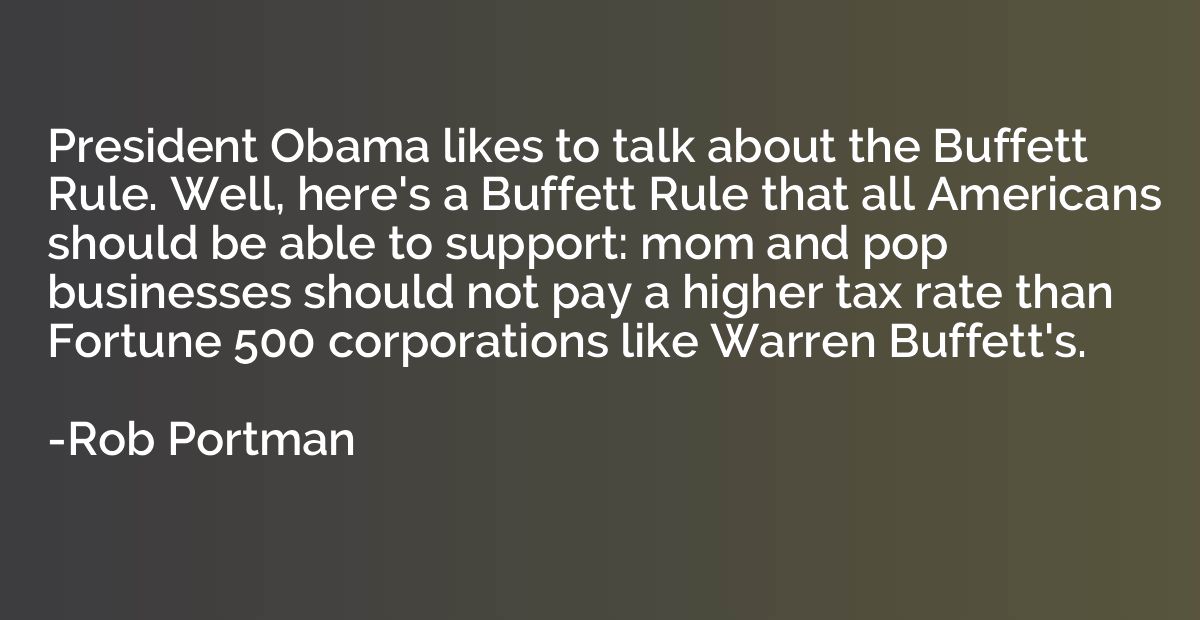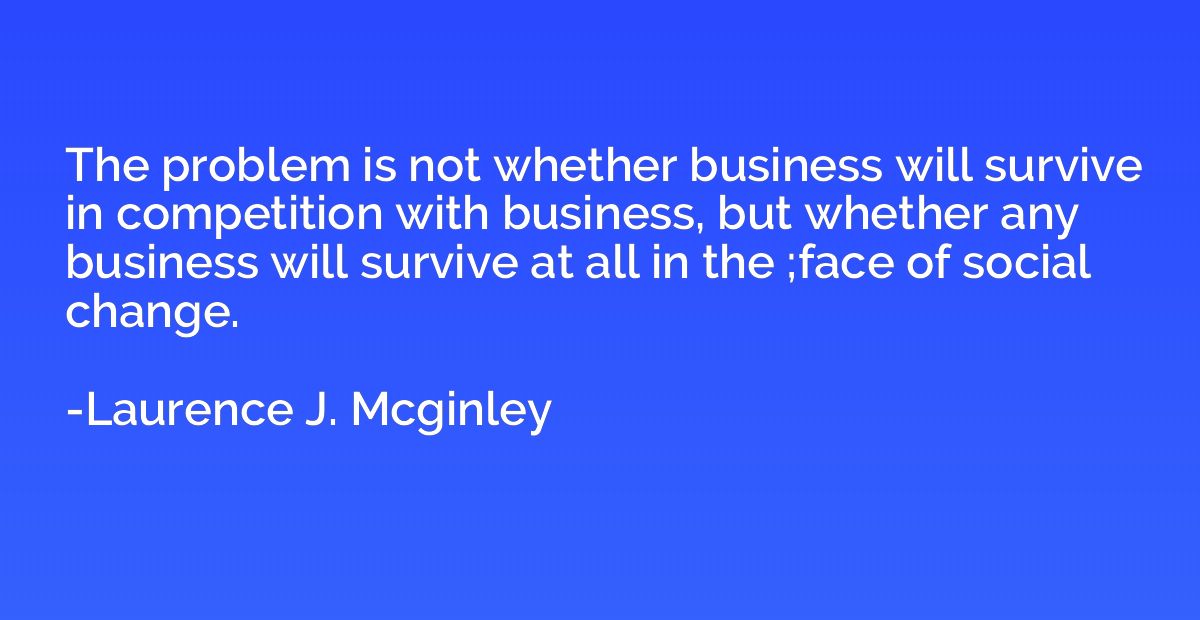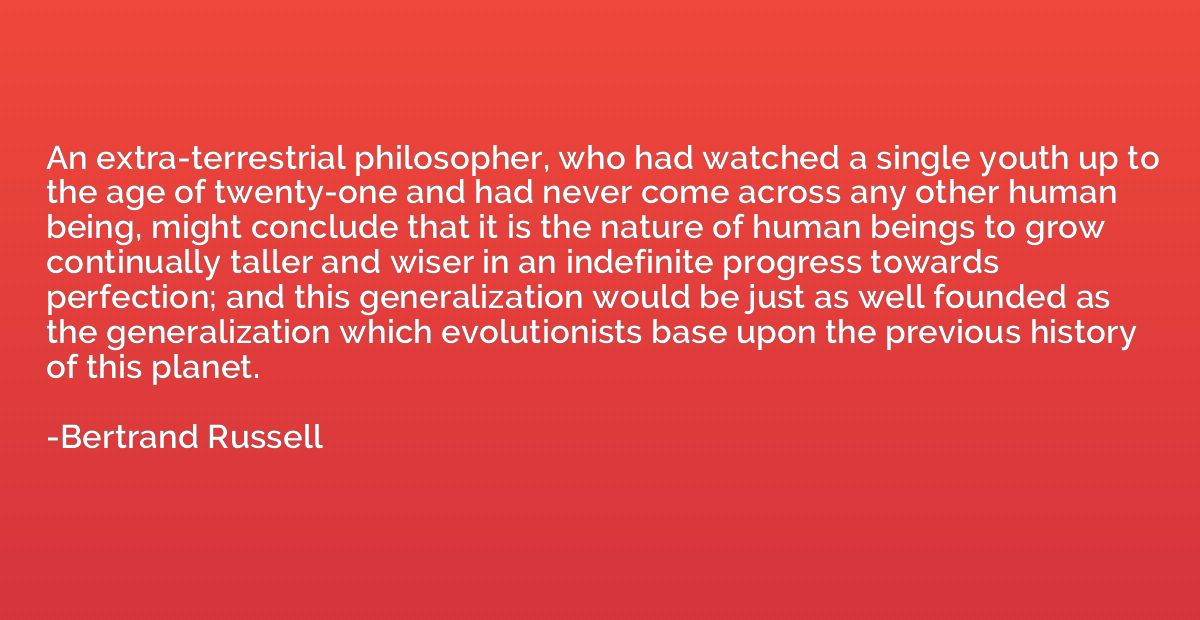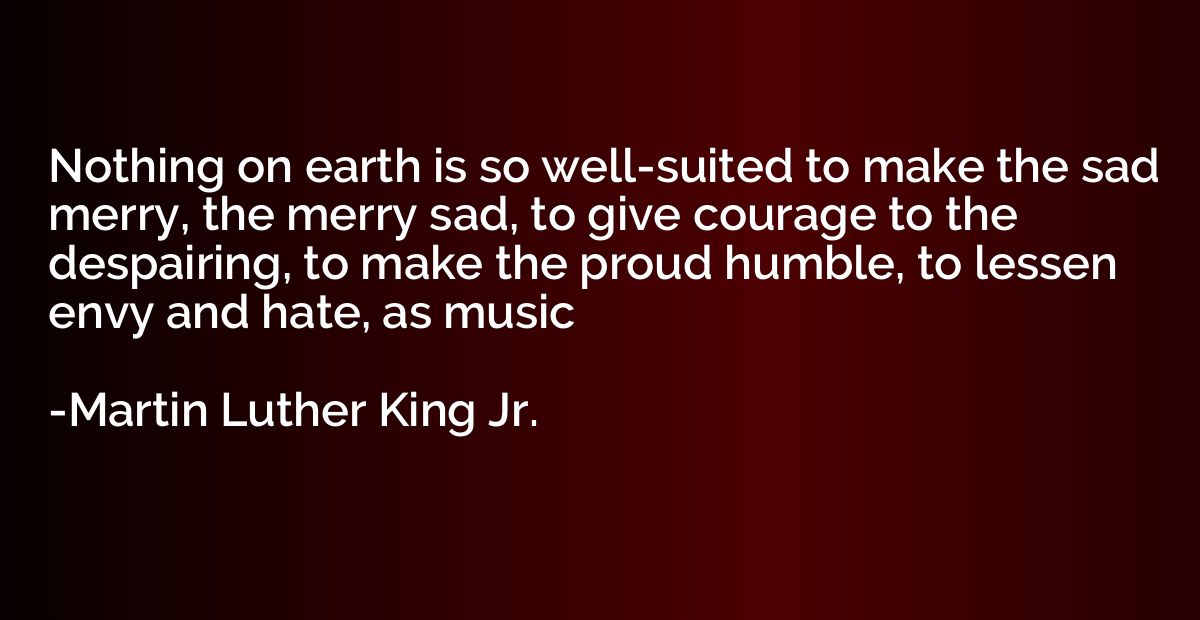Quote by Arthur Laffer
What I'm not saying is that all government spending is bad. It's not - far, far from it, but there is no free lunch, as a former colleague of mine used to say. There is no public tooth fairy. Father Christmas does not work on the Treasury staff this year. You can never bail someone out of trouble without putting someone else into trouble.
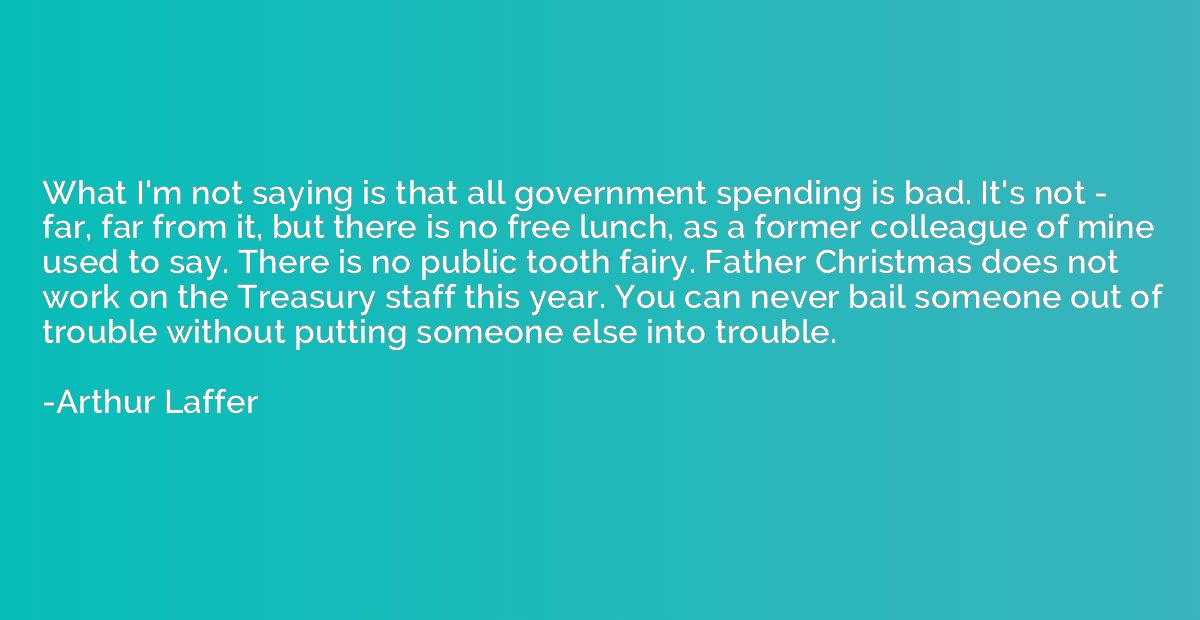
Summary
This quote conveys that although not all government spending is inherently negative, it is not without consequences. The speaker asserts that there is no "free lunch," meaning that every government expenditure comes with a cost. They dismiss the idea of a "public tooth fairy" or "Father Christmas" in the form of unlimited funds from the Treasury. Furthermore, it emphasizes that solving one person's or group's troubles through a bailout necessarily causes trouble for someone else. In essence, the quote suggests that government spending should be approached with caution and an awareness of the potential trade-offs involved.






